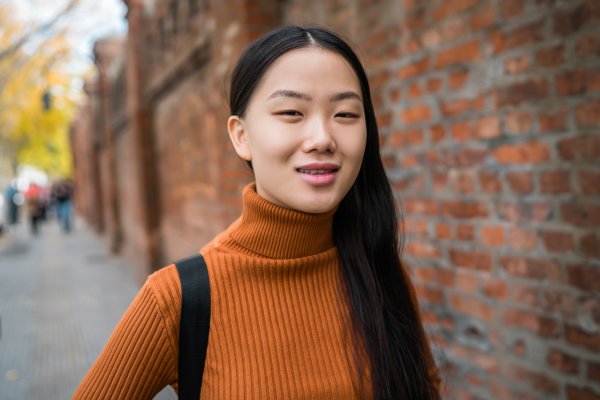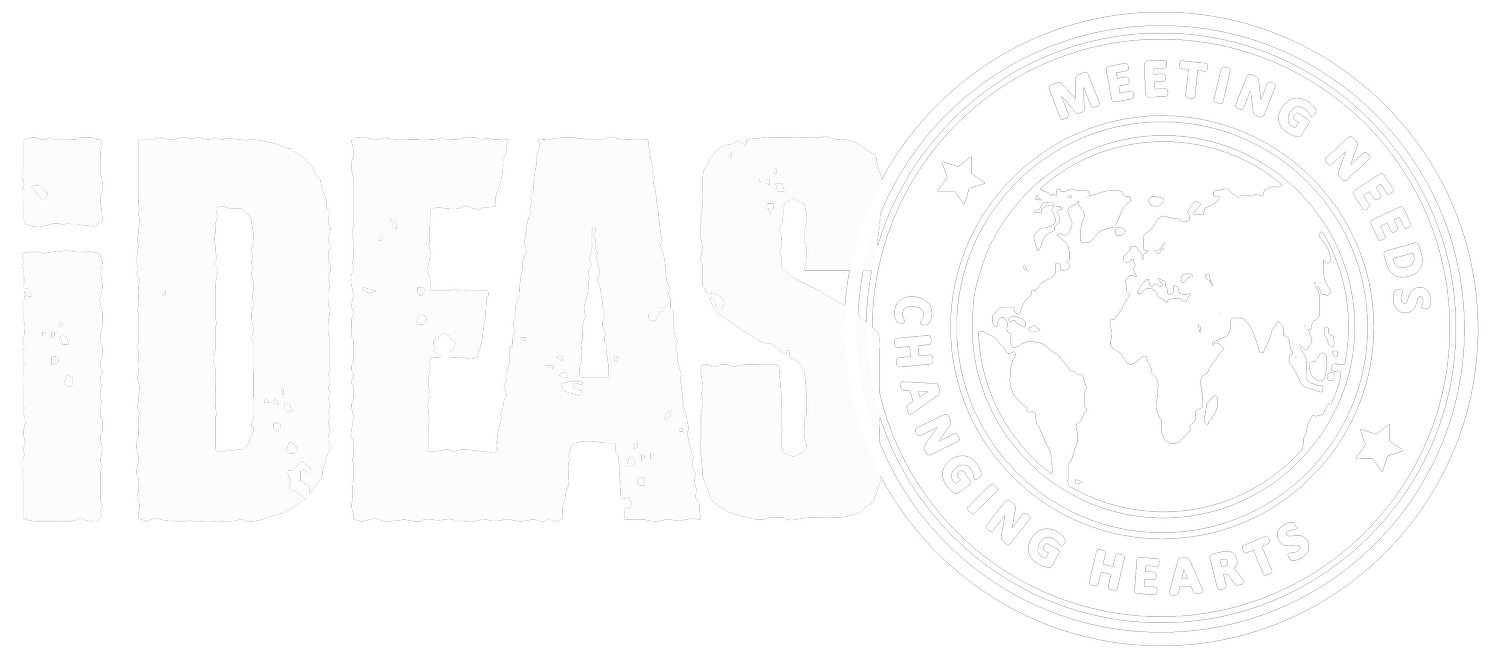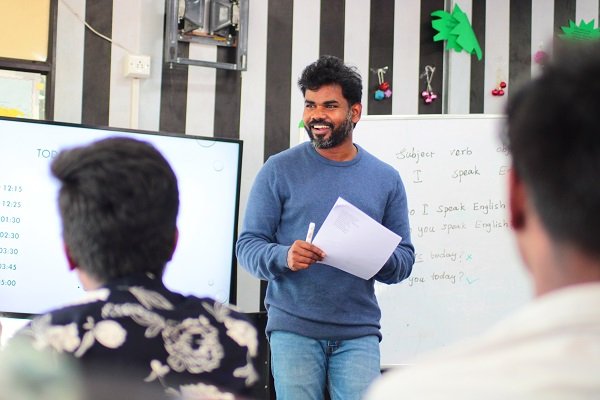
FROM FAMILY TRAGEDGY TO TRANSFORMATION
MEET WANMAY
Community Development Rural China
Seeds of Transformation in Rural China.
My name is Wanmay, and I’m Yi. Yi is a minority people group in China, the last to fall in the Communist Revolution in 1955.
After the rise of Communism, land was collectivized among local farmers, which meant my relatives had to adapt to a new communal farming system. This was completely foreign to them. In the late 1970s, land was again redistributed according to family size at the end of the revolution, and there was little opportunity to buy additional land or to grow the size of a farm when children were born into the family. As a result, farms were most often very small as was the farming income. My friends and I grew up on small farms, and our families did the best they could with what they were given. Life was primarily work and school.
My siblings and I would walk a mile to attend school because everyone knew that education is the biggest chance of getting out of poverty.
We had pigs and chickens in our backyard as a source of income. Potatoes were our main sustenance. Meat was scarce. We raised primarily potatoes for income and vegetables such as cabbage, which we fed to the pigs. We cooked and slept in one room, so it was smoky inside our home. We would squat on the floor with a ladle and eat from a pot of vegetables and potatoes together. During the winters we built fires in the firepit to stay warm and to boil food for the pigs. We fetched water from a nearby stream.
My friends and I helped our parents with the farm by the time we could walk.
The older girls take care of the younger siblings, and the boys go out in the fields to dig potatoes and weeds and haul manure to the fields or tend the pigs and goats.
As a minority, the Yi people developed our own culture. We are proud of our history and ethnicity. However, many look down on us, but we are hard-working people who are trying to make a living and work our way out of poverty. Because of these misperceptions by the majority culture, it’s difficult for us to find jobs. If we do find jobs, it’s easy to be exploited and lured far from home.
My dad mined ore, which is a dangerous job. He did not see a way out of his circumstances and became addicted to drugs. My mom worked the farm and did her best to provide for me and my two siblings. Families in my village make $500 to $1,000 per year. High school, including room and board, costs $750 to $1,000 per year, which makes education impossible to afford. Parents will work any job they can get and will go far away to give their children an education and an opportunity to get out of poverty.
“When I was 13 years old, tragedy struck my family.”
My mom was hit by a car and seriously injured. I needed to take a year off from school to care for her while she was in the hospital. I knew she needed me, and my family was the most important thing. My education would have to wait, and I hoped one day I could return to school and finish my education.
It was during this terrible time for me and my family that I first encountered local IDEAS Community Development Associates. And in that difficult moment, they began to show me that there was still hope.
My life changed when I met IDEAS Community Development Associates at age 13.
I was caring for my mom at the hospital after she was hit by a car. My father was absent from the family at the time. Through that situation, I developed a relationship with the IDEAS Associates in my community.
I was able to go back to school at age 16, and I graduated high school at age 20. Last year I graduated college, and I am now testing for a teaching job. In the meantime, I help my mom on the farm as I look for a job. My dad is doing better now.
My friends and I realize the huge sacrifices our parents make, and we want to pay them back and help our siblings. We see how hard their life is and how privileged we are to have an education for a better job opportunity and life. Thanks to the relationships and support of IDEAS community Development Associates, life is so much better than it was.
“My family has also been changed for the better. My sister is now a teacher. I’m more confident. I see opportunities for my future. I’m not going to end up living on a farm like my mom did. I now have hope.”
Because of IDEAS, people in my village have running water in their homes for the first time. I have seen older women start to cry tears of joy because they don’t need to walk anymore to get water. There is a renewed sense of hope in my village that someone cares, that there is a God who loves them, sees them, and cares for them. We have hope that there is something more out there than we realized.
I am also learning the value of helping others in need because of what I have learned and experienced.
Because of the seeds of hope that were planted in my community, I am now working on finding a teaching position so that I can continue to plant seeds of transformation for the next generation.
“If you can come halfway around the world for us, we can help our neighbor right where we are.”
About the Author
Chris is an IDEAS Associate and has been working with rural communities in China since 2002. He uses his engineering background to demonstrate God's love through community transformation projects. His work involves helping rural Chinese communities rise out of poverty.
MORE STORIES
“Stronger than you think I am”
Meet Khadija.
For the first 20 years of her life, Khadija almost never left her home or said more than ‘hello’ and ‘goodbye’ to people because she was so ashamed of her cerebral palsy.
Growing food for his community in Kazahkstan
Meet Rashid.
“…I grew up in a small farming community in rural Kazakhstan. When I was six years old, the Soviet Union collapsed. During my childhood, my family lived in poverty, trying to eke out a living growing potatoes and tending fruit trees.…”
From hopelessness to dignity
Meet Alma.
Alma was born in Guatemala with a disability called spina bifida. Unable to walk, she spent the first 14 years of her life isolated, locked in a room, confined to a bed or the floor. Her mother said she was a mistake. Her father said she was not his daughter. Alma wanted to go to school and have friends, but her disability made that impossible.
Helping fellow Dalits find love and respect
Meet Reuban.
“…I was a normal kid growing up with everything I needed for a comfortable life. I didn’t know I was a Dalit. When I was 12 years old, I saw my mother kill my father. From then on, my brother and I suffered trauma and loss. We were called the children of criminals, as my mother went to prison…”
Together, let’s help people + communities flourish!
LET’S TELL MORE STORIES LIKE THESE
Your gift empowers IDEAS to bring lasting hope and remove barriers so that people around the world can experience the fullness of their God-given dignity!
Together, we can work to provide marginalized individuals and vulnerable communities the opportunity to live flourishing, abundant lives.






